|
March is Brain Injury Awareness month and I am thrilled to be able to release an episode on the topic! This podcast will have you rethink the way you see social communication and pragmatics. Join me as I interview Dr. Lyn Turkstra. Lyn is a speech-language pathologist by training, and her research focuses on links between cognitive function and social communication in individuals with acquired brain injury. I was very excited to have her as a guest on this podcast. You will quickly discover her breadth of knowledge and experience in this vast and often obscure field.
Lyn starts off the episode by talking about a review paper that was published in 2017 from a joint committee from ASHA and the American Psychological Association (SLPs and neuropsychologists) which is a bit of a primer for what SLPs do in terms of pragmatics in relation to other health professionals and how communication goes beyond vocabulary and syntax. Here is the link to this paper: Pragmatic communication abilities in children and adults: implications for rehabilitation professionals
Lyn talks about a study she co-authored about pragmatics and makes reference to the “Lack of practice” problem. Here is the article:
Warner-Czyz, A. D., Evans, D., Turkstra, L., Scheppele, M., Song, C., & Evans, J. L. Effect of auditory status on visual emotion recognition in adolescents. Cochlear Implants International.
During the episode, Lyn talks about a tookit that can be used to assess the environment of those who have dementia and who live in long term care facilities. Here is the link to that resource:
Jennifer Brush, Margaret Calkins, Carrie Bruce and Jon Sanford; what supports communication environment? Environmental communication assessment toolkit (ECAT) I also make reference to the Episode with Tanya Nesterenko, SLP and executive coach. You can find it here. Lyn talks about a study by Meulenbroek, Bowers and Turkstra (2016). The focus of this study was to examine successful return to sustained employment after brain injury. They discovered that social communication skills was number the number one skill required for sustained employment: Characterizing common workplace communication skills for disorders associated with traumatic brain injury: A qualitative study. We also talked about available resources for anyone who might be interested in finding out more about social cognition, pragmatics, brain injury and communication. Here are some of the resources discussed during this episode: Medbridge Webinar: Social Cognition: Populations at risk, Assessment and Intervention. Lyn is also the co-author of a book that offers guidelines on how to teach new things to people with memory problems. The book also provides strategies for executive functions, but the focus is on memory. The authors are currently working on a new edition of the book which should be released next year. Sohlberg, Turkstra, & Wilson (2011). Optimizing Cognitive Rehabilitation: Effective Instructional Methods. The Guilford Press. New York.
Additional resources :
Paul, R., Norbury, C. F., & Gosse, C. (2018). Language Disorders from Infancy through Adolescence. Listening, Speaking, Reading, Writing, and Communication, 5th edition. St. Louis : MS, Mosby Elsevier. Murray, L. & Clark, H. (2014). Neurogenic Disorders of Language and Cognition: Evidence-based Clinical Practice; Second Edition. Pro Ed S. McDonald, L. Togher, & C. Code (Eds) (2014). Social Communication Disorders Following Traumatic Brain Injury (2nd Edition). Psychology Press: London. Anderson, V. & Beauchamp, M. Developmental social neuroscience and childhood brain insult: Implications for theory and practice. Guilford Press: New York.
If you would like to hear more about Dr. Lyn Turkstra’s work, she has a webinar coming up in the fall that you could tune-in to:
Oct 14 2020 SAC Webinar: Intervention for Adolescents and Adults with Cognitive-Communication Disorders after Acquired Brain Injury
0 Comments
In this very first episode, Ashley Tindall talks about her story as a traumatic brain injury (TBI) survivor. She talks about her upcoming book: "The Way I See Things", authored by herself and her mother. Ashley also talks about the physical and communication difficulties she encountered post injury and her journey to recovery. She also talks about communication being way more than just talking and listening. Today she is 18 years post injury and is a true success story as a University graduate, advocate for TBI, book author and much more! Have a listen.
|
Your host:Chantal Mayer-Crittenden, Speech-Language Pathologist and researcher, hosts a bevy of guests on the topic of communication at large. Archives
November 2022
Categories
All
|
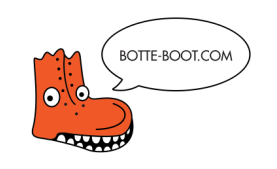
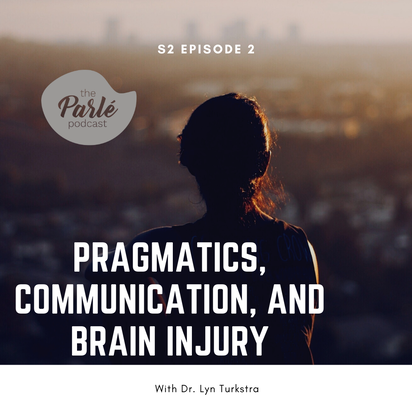
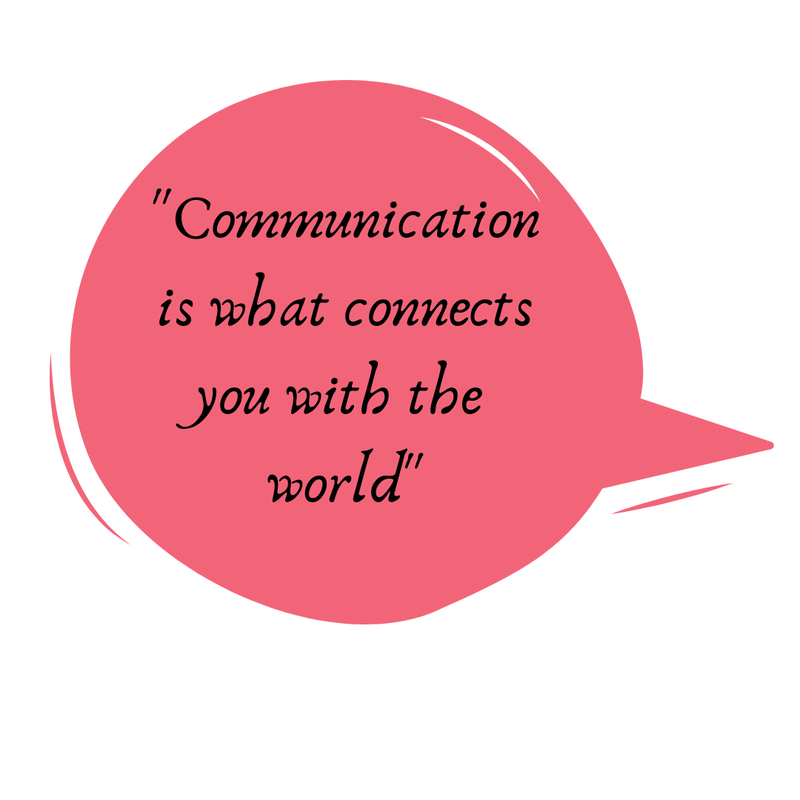
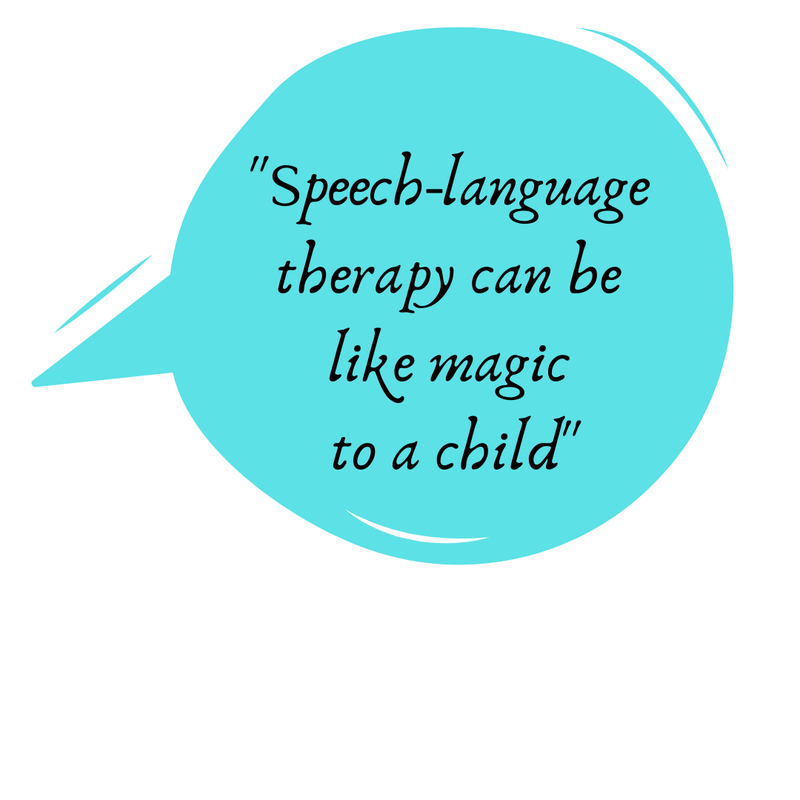
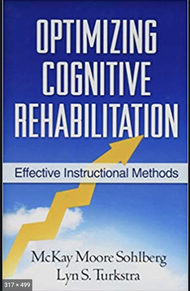
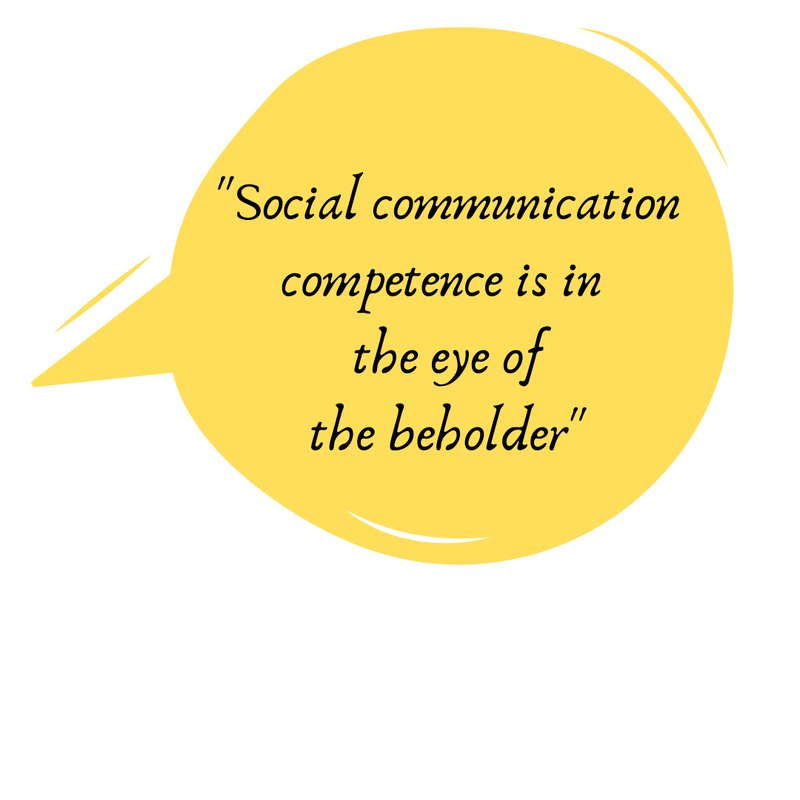
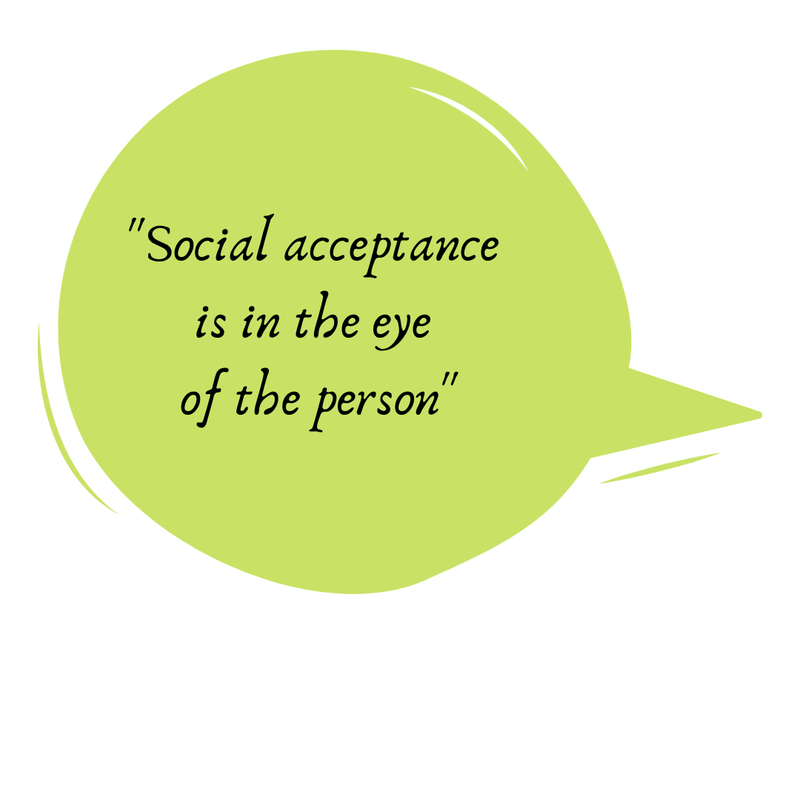
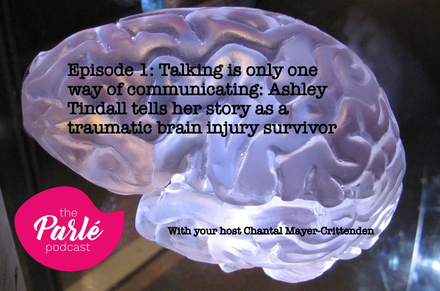
 RSS Feed
RSS Feed